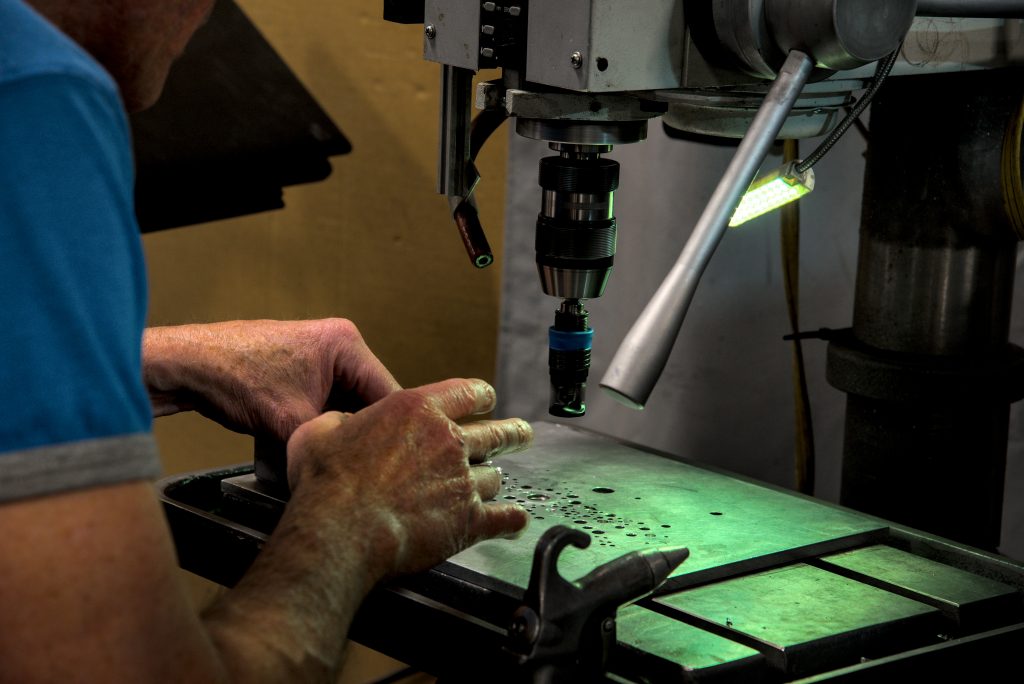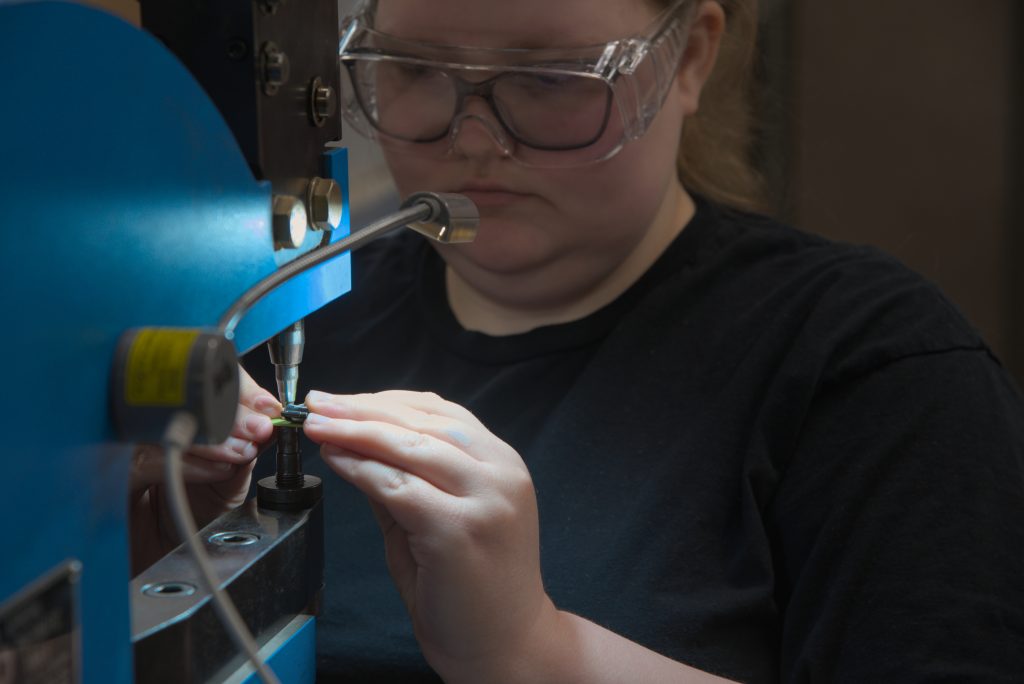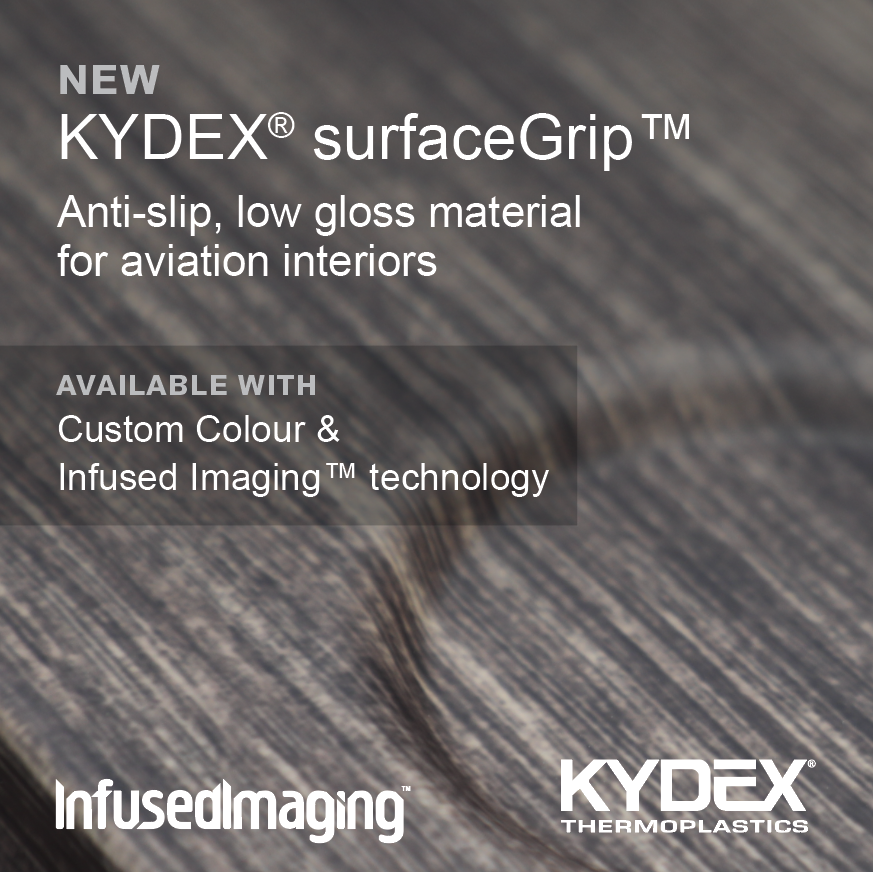Firland Foundation & Workshop started with a mission of employing those with tuberculosis and now employs those with barriers to employment in Shoreline, Washington.
Firland Foundation & Workshop is an aerospace manufacturer with a rich history and background, rooted in the local community in Shoreline, Washington. Bertha Marie Boeing, the wife of William Boeing Sr., had a vision for a community manufacturing partnership, and Firland was created 70 years ago to provide tuberculosis (TB) patients in a sanatorium with the opportunity to manufacture aerospace parts. Isolated at the sanatorium due to the contagious nature of TB, the patients were still able to work, and Mrs. Boeing thought, that while in recovery, they could still be an asset to society.
The precision machine shop of today employs 35 people, many of whom face barriers to employment. Their mission is “Manufacturing Excellence with a Mission Since 1955.”

While many may think of TB as a disease from their grandparents’ era, it is still a significant threat as a painful lung-based bacterial infection that can cause death if left untreated. In fact, according to the World Health Organization (WHO), 8.2 million people were affected by the disease in 2023. In 2024, the U.S. reported over 10,000 cases, including a large outbreak in Kansas. TB saw a resurgence in the U.S. after the COVID-19 pandemic.
At this time, Firland doesn’t employ anyone with TB, but they do employ people with physical and mental disabilities and others who have formerly been incarcerated.
The business is led by a board comprising medical doctors (MDs), PhD’s, and business professionals, with CEO Tom Greene, who joined in late 2024. Greene has a background in electrical engineering and has an MBA in business management. He said that he transitioned into the position alongside the former CEO whose term ended, overlapping with Greene’s position. The board members ensure that the proceeds from the business are directed toward appropriate grants for TB and other related medical causes.
Greene, while new to the business, is excited about the endeavor. When starting, he stumbled upon a book by John Green (no relation), author of “Everything Is Tuberculosis: The History and Persistence of Our Deadliest Infection” (2025), which details the relationship between tuberculosis and society in the context of this infectious disease. Greene started at Firland after getting a call from a former board member about helping people with obstacles to employment. “The original reason that I signed up was to help people who have barriers to employment. I get so much enjoyment from it. It has been the most rewarding job of my career.” He said he enjoys a wide variety of tasks in managing a business.
“TB is a painful and common respiratory killer. As a sheltered workshop incorporated in the State of Washington, we help people with barriers to employment. Primarily, our focus is on TB, but we contribute some grant money to train nurses in the field of pulmonary diseases, such as asthma or bronchitis. We also contribute to the tuition of graduate school nurses to work in this field,” Greene said.
While the business started in an altruistic manner, it continues due to the longevity of its manufacturing acumen. The facility is 10,000 square feet and maintains a host of manufacturing equipment, making “complex parts” according to Greene, with “precision machine work within ten thousandths of an inch tolerance — it has become something we are quite good at.”
They are audited for AS9100 each year and have “great quality ratings,” Greene added. Boeing is one of their biggest customers today. Bill Boyce, a 37-year employee and Community Manufacturing Partnership (CMP) leader for Boeing Commercial Airplanes Fabrication, said, “CMP is a Boeing organization working with multiple non-profit business partners that provide jobs for people with barriers to employment.”
He said Firland produces aerospace components for Boeing, “such as various brackets and shims, for all in-service Boeing commercial airplane models. Their capabilities include 4-axis machining and semi-complex assembly.”
Firland maintains equipment like:
- Turret punching
- Water jets
- Break presses
- 4-Axis machining
- Vertical milling
- Deburring
Their website, www.firland.org, details their workshop capabilities:
“We are a precision machine shop that specializes in aerospace component manufacturing. We are experts in the manufacturing of aluminum parts that require precision CNC machining, cutting, forming, bending, and assembly. We also regularly produce parts made from rubber, foam, and other metal and non-metallic materials.”
Sheri Kneeland, office manager, has spent 29 years of her career with Firland. She wears many hats in the company, overseeing a wide range of responsibilities that include managing certifications, customer service, production control, HR, purchasing, shipping, and more. She is also involved with the company’s Kaizen culture. Kaizen is a process for continuous improvement. She enjoys it because it allows employees to be engaged in solving problems. She said employees submit a problem statement along with a proposed solution. From there, the teams work together to troubleshoot issues. “The problem is driven by employees, as well as the solution. Management makes sure they are on the right track.”
She feels that the company treats its employees well, offering good benefits. She noted that when people start at the company, many face impediments to employment, but they work diligently with them to ensure their success. She said new workers can become permanent employees after 60 days and will then be eligible for benefits, which include a great retirement plan.
She noted that their quality and delivery scores with Boeing are world -class. The Kaizen culture has helped, and they are now in the Premier Bidder Program. With continued excellence in quality and delivery, the team is hopeful for additional recognition in Boeing’s 2024 awards.

Kneeland also shared information about an exceptional program that offers support for airplanes grounded due to maintenance issues, known as “airplane on the ground” (AOG). They are part of the Community Manufacturing Partnership (CMP) and can support the rapid manufacturing of parts. She said it doesn’t happen that often, but at the time of the interview, they had just had an AOG the week before. One time, they had their CEO drive the part directly to the Everett plant on a weekend so that technicians could install it and get the airplane running.
In the future, Kneeland stated they will continue to formalize their training on how people learn when they have barriers to employment. Firland is also considering adding medical devices to their repertoire. Greene said that in the future, they will continue to employ people with hindrances to employment while maintaining their Kaizen culture. He also noted that he wants to reduce the risk of being concentrated in a single industry while expanding the customer base through diversification. In a few years, Greene hopes to double the employee base in their existing facility.
Boyce concluded, “We are grateful for all our partners, and Firland is no exception. They, like others, have a great Kaizen — or continuous improvement — culture, very similar to how we work at Boeing. I’ve seen how they make it a daily practice, involving all employees. They’ve updated workflows and changed factory layouts to improve safety, quality, and efficiency. It is great to see all our partners embrace lean manufacturing so we can learn from each other.”
Greene observed that with their type of workplace — with people that have constraints to employment, and the company commitment to a family environment — “Sometimes when people have barriers to employment, they do things at work that many companies would fire them for. We are trying to help them when they do these things and teach them how to react and control themselves appropriately, so that someday they can work somewhere else. It takes extra time and patience to help them become better employees. We go the extra two miles.”
While TB is still a health risk, there are many other barriers to employment today. Firland and its leadership and board are actively working to honor Mrs. Boeing’s original idea of conducting high-quality aerospace work while overcoming life’s challenges.
Firland operates within a Kaizen culture focused on continuous improvement.
- Precision CNC machining
- Bending
- Riveting
- Ground stud installation
- Final assembly
- Part mark
- Quality inspections
They have been in operation since 1955 making high-quality aircraft parts.



